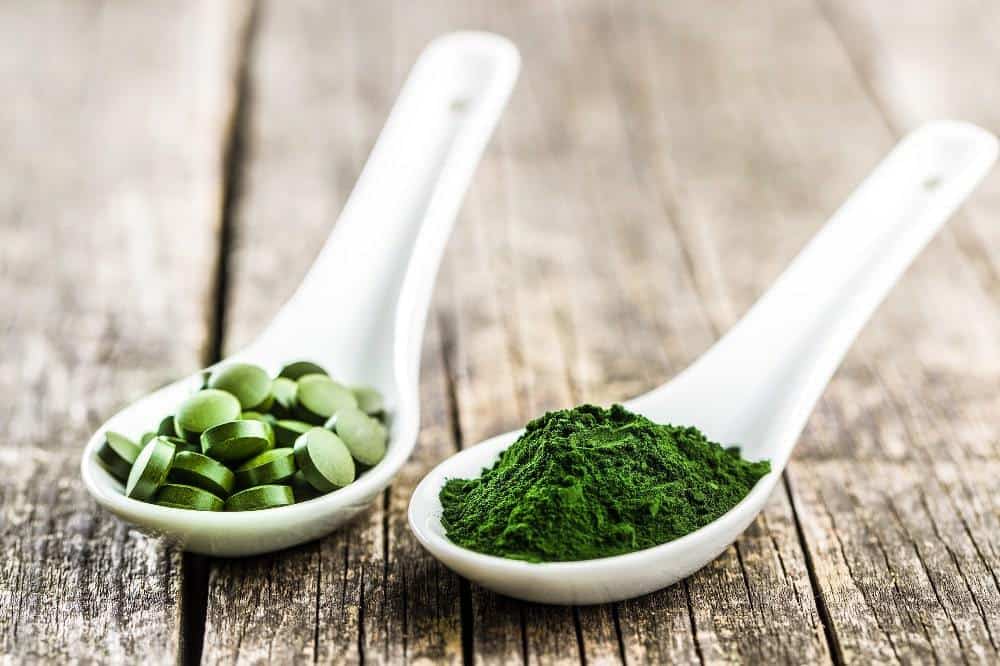
Chlorella and spirulina are two of the most popular algae superfoods available in the market today. Both present impressive nutrient profiles and health benefits like improving blood sugar management and decreasing risk factors of heart problems.
While a lot of people think that chlorella and spirulina are the same, these two supplements have distinguishing differences.
Chlorella vs. spirulina, are often pitted against each other in terms of their benefits.
But first, let’s get to know them individually.
Did you know? Chlorella and spirulina are two of the most popular algae superfoods.
What Is Chlorella?
Chlorella is a type of freshwater algae that is native to Taiwan and Japan. It contains high levels of protein and fiber, and different vitamins and minerals. Chlorella’s hard cell wall cannot be digested by humans. You can only get its nutritional benefits by taking its supplement form (powder, tablets and capsules).
Health Benefits of Chlorella
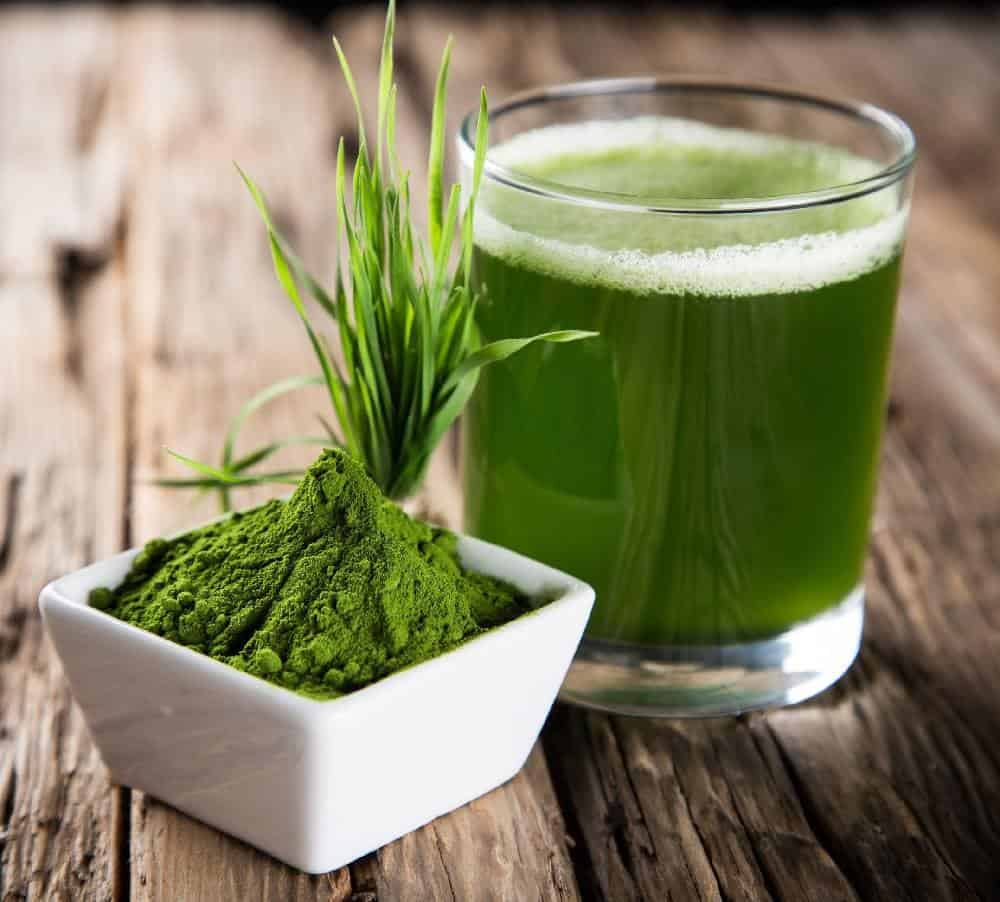
Chlorella is an excellent protein source as it is about 50% to 60% protein. It has nine essential amino acids.
Being plant-based, people who follow a vegan diet use it as a supplement.
Chlorella helps lower cholesterol levels, helps manage blood pressure and blood sugar levels, and improves your body’s immune function.
Chlorella is also essential in the process of detoxification of the body. It is known to bind heavy metals and toxins and eliminates them from the body.
Chlorella helps reduce the risk of chronic illnesses as it is rich in violaxanthin, an antioxidant, which has anti-inflammatory properties. Chronic inflammation can lead to heart disease, diabetes, and gastrointestinal disorders.
It also aids in the management of asthma and COPD (chronic obstructive pulmonary disease) because of its anti-inflammtory properties. It is known to reduce COPD symptoms significantly, like shortness of breath, wheezing, and coughing.
Chlorella: Potential Risks
It may cause diarrhea, nausea and gas for some people. It may also trigger allergic reactions. It is important to consult with your doctor before you take chlorella supplements.
What is Spirulina?
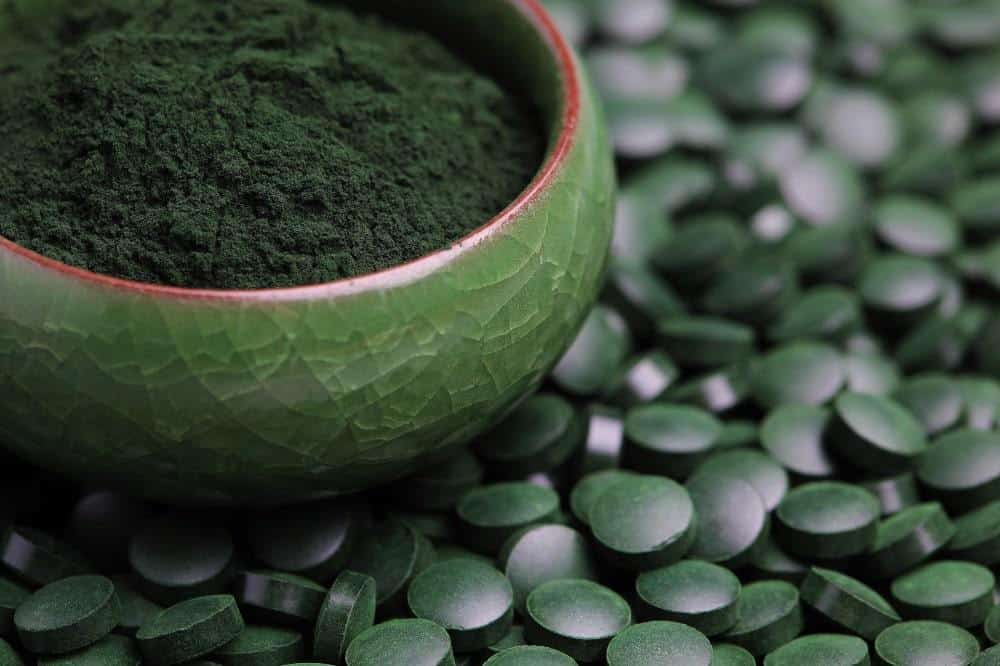
Spirulina can grow both in saltwater and freshwater. It is a blue-green alga that is rich in protein, iron, copper, and B vitamins: riboflavin and thiamine.
It is known to be used by NASA astronauts as a food supplement.
Spirulina can be digested by humans and can be used in its whole food form as an ingredient or supplement.
Health Benefits of Spirulina
Spirulina is packed with antioxidants like phycocyanin, which has anti-inflammatory properties. It is known to reduce cancer cells, support the immune system, and support brain function.
It helps reduce cholesterol levels, helps improve blood glucose levels and helps reduce triglyceride levels.
It is popular among athletes as food supplements for their endurance as it helps reduce oxidative stress, allowing them to train longer.
Spirulina may help people who are allergic to dust, pollen, and animal hair as it helps reduce symptoms like itching, sneezing, and congestion.
Spirulina: Potential Risks
Spirulina may pose potential risks which include:
- May contain toxins like heavy metals and bacteria, particularly if you use non-organic spirulina supplement brands with poor quality control
- May cause bleeding disorders and bruising
- May interact negatively with medications for diabetes and immunosuppressants
Chlorella vs Spirulina
Here is a comparative summary of how chlorella and spirulina are the same and how they are different:
A serving of 1 ounce or 28 grams of these superfood contains:
To have a better understanding of some of chlorella and spirulina benefits, I have prepared a comparative chart for you:
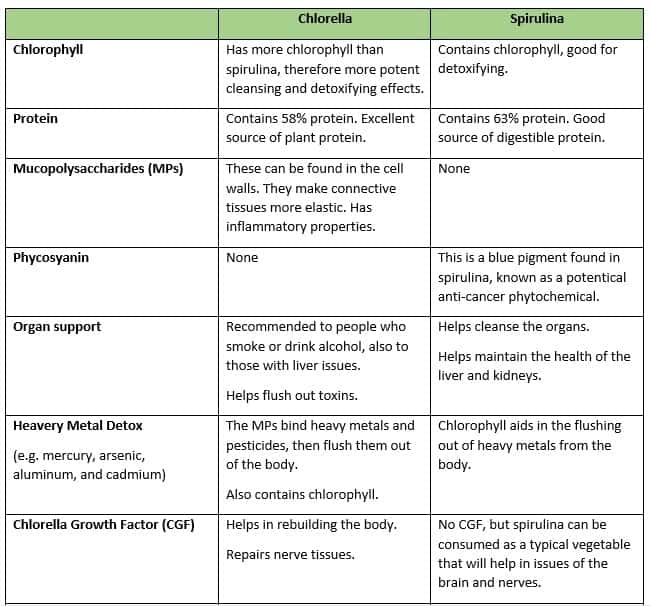

Chlorella versus Spirulina: Which One Is Better?
Both chlorella and spirulina are highly nutritious. They are both known to have a lot of health benefits, including improved blood sugar management and lower the risk of developing heart disease. While chlorella is slightly superior in terms of some nutrients, you cannot go wrong with neither.
Nonetheless, you should always remember to consult with your medical practitioner whenever you want to use any supplement, especially when you are pregnant or have underlying conditions.
You can buy Chlorella and Spirulina on Amazon or from health stores. Alternatively, see my recommendation for alkaline supplements to have with your smoothie or a juice.
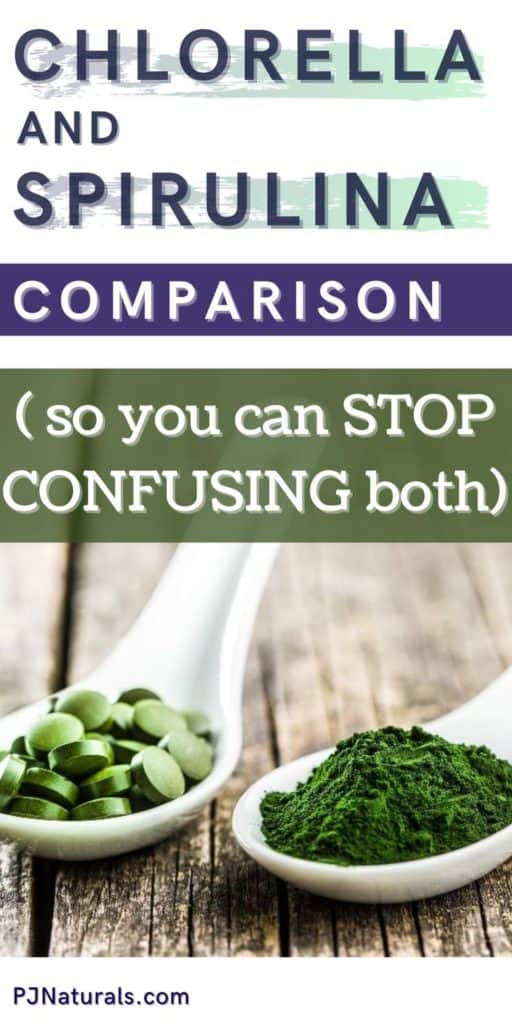
Related Posts:
Juicing For Beginners: Pros And Cons Of Juicing For Health
Diabetes Type 2 Management: Can Diabetes Be Reversed?
Detox Your Body with Superfoods: 7 Superfoods for Nutritional Cleansing
How To Do Whole Foods Cleansing With Alkaline Superfoods Smoothie and Juice? (3 EASY Recipes!)
Top 5 Alkaline Supplements To Have With Your Smoothie or a Juice Everyday

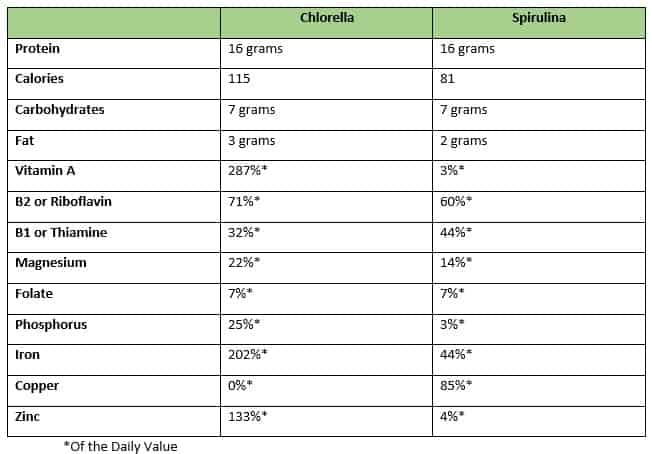





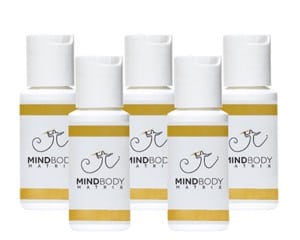
Love your chart! I know a lot of people have confused these two superfoods. ❤️🦋🌀〰️🌅💦🌱
Thank you! Glad it helps 🙂
Very Informative!
Thank you so much!
Awesome article! I am a big fan of supplying hard data as added info to posts.
Thank you so much Angela! Happy to hear you liked it!